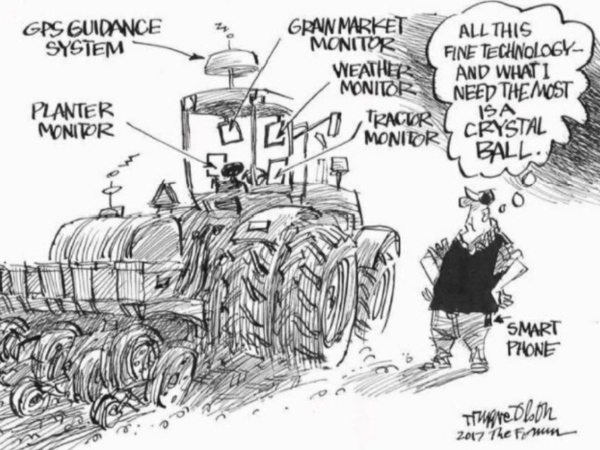Web3, or people "NOT wanting their own servers"?
Sometimes, history does repeat.

What is “Web3” again?
Simplifying a lot, “Web1” was the web before blogs and social media. That would be Web2, the web we have today (albeit it’s degenerated into almost no blogging, compared to (anti)social media). What is that drives quests and wishes for the “next” thing, unsurprisingly called web3?
This “Wtf is web3” post rambles a bit too much, in my opinion, but it’s still interesting, and starts with a good, easy answer to that question.
According to that post, and I agree, nobody really knows yet what a real and meaningful web3 is or should be, but the quest for it is driven by these two desires:
- Decentralization of power, defined as increasing mistrust in concentrated power - that makes deplatforming, behavioural mandates and censorship too easy - paired with growing interest in building trustless and censorship-resistant platforms that can empower ordinary people
- Ownership of value, that is the wish to get rid of the current “Web2” made of content almost entirely generated by end users, but almost entirely monetized, or otherwise exploited, by the owners of the “platforms” that host that content
“Wtf is web3” continues describing the possible outcomes of those two desires, both positive and negative, and acknowledges that so far much (not all!) of what is called “web3” is made of (or plagued?) by “crypto” currencies, technologies and platforms (just as in Web2!) that range from vaporware to outright scams.
Let’s talk people and protocols, instead
The other great aid to think about web3, and digital innovation in general, is this post, that contains at least three gems. The first is that “Protocols move much more slowly than platforms”.
To fully appreciate this observation, consider two things. First, this is true especially for protocols that are are truly open, and do solve problems that actually exist for the majority of people. Second, this is GOOD, and acknowledging it doesn’t mean being luddites. If there is a problem today, is too little appropriate, really innovative technology around, and too much useless crap marketed as “innovation” just to part fools from their money, or control them.
The second gem, strictly connected to the first, is that “If something is truly decentralized, it becomes very difficult to change, and often remains stuck in time”. Again, this is not necessarily a problem. Very often, the contrary is true. The easiest, if maybe oversimple way to realize this is to remember that we are full of tools like hammers, spoons and so on, that are made everywhere in the same shape by centuries, exactly because they are the best solution for the problems they.
The third gem is the one I like the most:
“If there’s one thing I hope we’ve learned about the world, it’s that people do not want to run their own servers."
Here, it is important to note that this was always true, but become even truer with, as that posts says, “the shift to mobile, [by which] we now live firmly in a world of clients and servers - with the former completely unable to act as the latter”
Hey, it almost seems like…
Summing up, according to those two posts (and lots of other experts saying pretty much the same things) “web3” not only would be a very confused solution in search of a problem, but is doomed to fail anyway because “people do not want to run their servers”.
Which hey, looks a lot like:
- “Real people don’t want to live in a world where software doesn’t suck. They want to live in a world where they can ignore what software IS”
- “Every scratch finds an itcher” was NEVER true
which happens to be what I wrote sixteen years ago, here and here. Maybe it’s time to acknowledge how human beings really are, instead of chasing digital moonbeams.
Who writes this, why, and how to help
I am Marco Fioretti, tech writer and aspiring polymath doing human-digital research and popularization.
I do it because YOUR civil rights and the quality of YOUR life depend every year more on how software is used AROUND you.
To this end, I have already shared more than a million words on this blog, without any paywall or user tracking, and am sharing the next million through a newsletter, also without any paywall.
The more direct support I get, the more I can continue to inform for free parents, teachers, decision makers, and everybody else who should know more stuff like this. You can support me with paid subscriptions to my newsletter, donations via PayPal (mfioretti@nexaima.net) or LiberaPay, or in any of the other ways listed here.THANKS for your support!